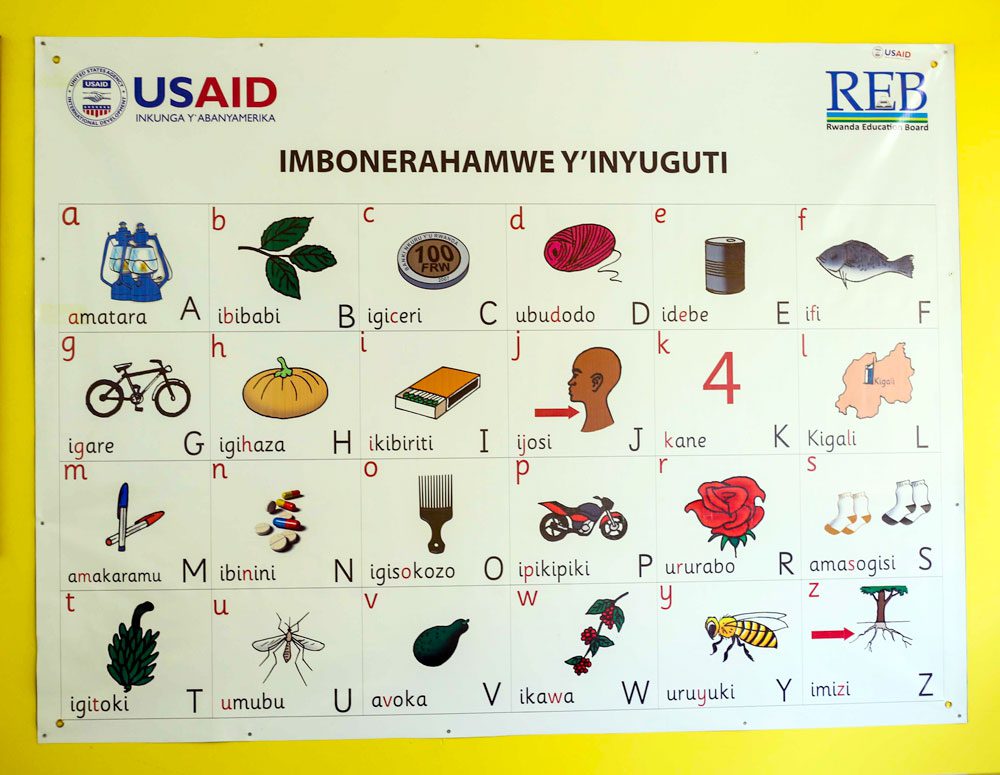
Room to Read | EGRA Data Analysis and Tool Development
August – December 2019
Room to Read uses the Early Grade Reading Assessment (EGRA) tool to evaluate the outcomes of its literacy program in different countries across Asia and Africa. Room to Read creates the EGRA tool in each of these countries with the help of local language experts and finalizes the tool after thorough testing and revisions. In 2019, Room to Read created fresh EGRA tools for its program countries in Southeast Asia (Laos), South Asia (Bangladesh, India, Sri Lanka, and Nepal), and Africa (South Africa and Tanzania). The EGRA tool is developed and piloted by country program and monitoring and evaluation staff and then pilot data is analyzed to confirm that the instruments are appropriately leveled and reliable.
Room to Read sought the literacy development, instrument adaptation, and data analysis expertise of EdIntersect to work closely with the research, monitoring, and evaluation team of Room to Read to conduct the following analyses in an effort to develop high-quality reading assessment tools across seven countries and eight languages.
The pilot studies involved completing key tasks for two successive pilots, with country teams incorporating EdIntersect’s recommendations following Pilot #1 into the tools used in Pilot #2. This included importing data from various formats to Stata and performing the required data cleaning, calculating summary statistics for each of the subtask included in the EGRA tool (letter sound identification, nonword reading, oral passage reading & reading comprehension, sentence choice, and sentence dictation), analyzing response patterns against each item under each subtask and identifying items that are too easy or too difficult, analyzing reliability/internal consistency of each of the subtasks, and writing a summary of recommendations for improvements to the EGRA tool.
